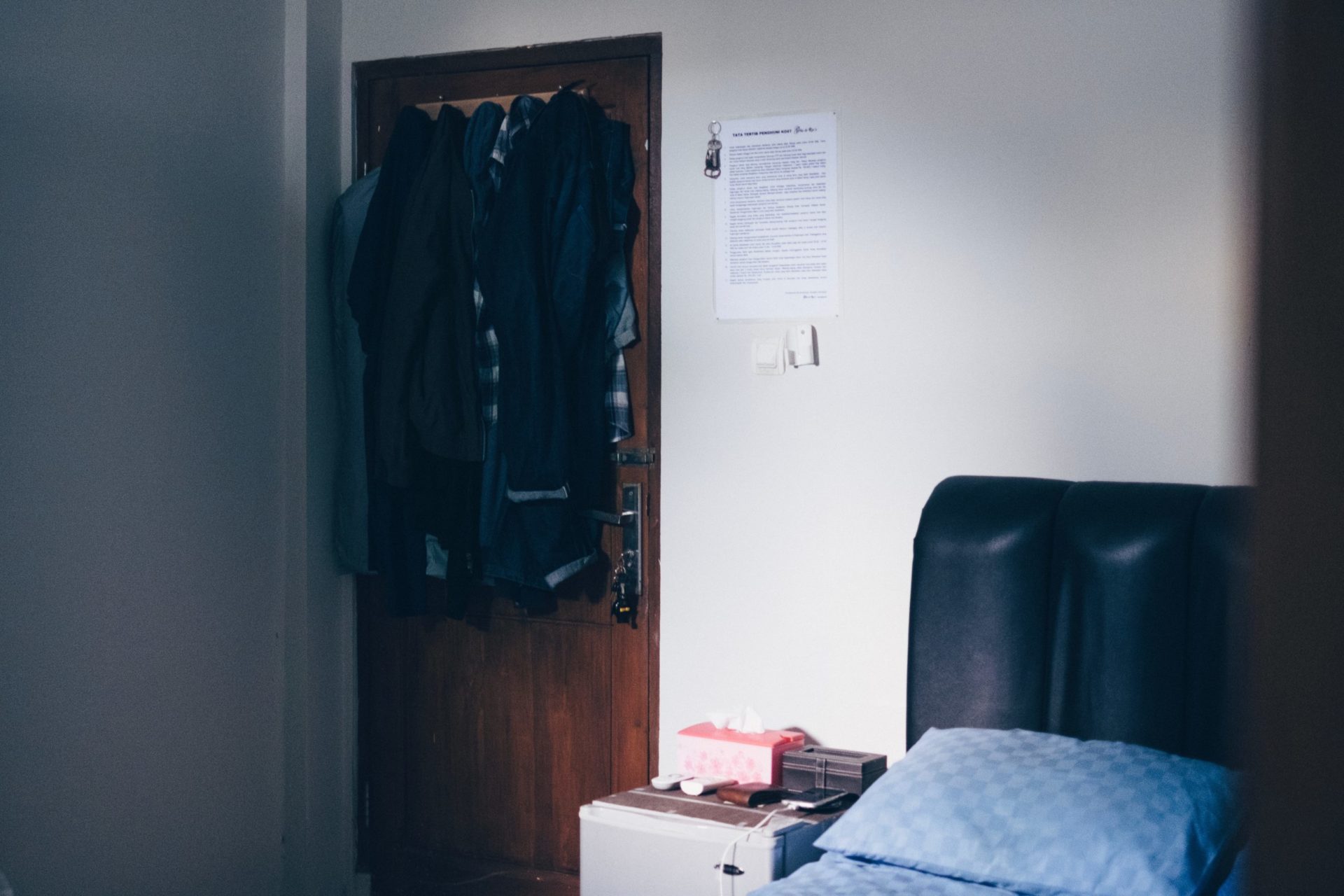The new school year is coming up on the horizon, meaning its almost time for a lot of young people to start or return to college. We know that moving away for college is likely a young person’s first time living away from their parents for long periods of time. We care about our planet and want to encourage people to live responsibly. In fact, here are some suggestions from Credo to bring an environmentally friendly lifestyle with you when you go off to college.
Furnish locally
Normally we’d suggest that you don’t buy new stuff when you move. But if the alternative is shipping your furniture to a dorm room where you’ll probably only live part of the year—and burning gallons of fossil fuel to do it—we say: buy local.
Most college towns have thrift stores and flea markets where you can pick up good cheap furniture, lamps, and accents, maybe even a velvet Elvis that will arouse the envy of your friends. Or check out eBay, Craigslist and Facebook Marketplace. You can also find free stuff at sites like Freecycle.org.
Sleep organically
If you’re looking for sheets, look for organic. Organic cotton is widely available these days and it’s a lot better for the environment than the alternative. Organic cotton uses no toxic chemicals (conventional cotton is one of the most-sprayed crops on the planet) and needs 71% less water and 62% less energy. It does far less damage to the soil than conventional cotton and often benefits the soil because it’s intercropped.
Organic cotton also feels better next to your skin. The fibers are longer and, since organic cotton is handpicked, the fibers are not weakened or broken during harvest, which means sheets made of organic cotton are softer and more durable.
Get a few plants
If your dorm doesn’t have a rule against them, plants make excellent roommates. They produce oxygen, which helps you sleep better. They absorb CO2 and other pollutants, which improves air quality—especially if you live in one of those dorms with sealed windows. They release phytoncides, which boost your white blood cells and neutralize microorganisms in the air.
Plus having plants around improves your mood—a bit like a pet and a lot less trouble. Although you do have to give your plants some attention. Water them, make sure they get sunshine and nourish them with compost. OK, we hear you. How do you compost if you live in a dorm room? Well, it’s easier than you might think. Read our post on composting for apartment dwellers.
Chill wisely
The mini-fridge is as much a part of dorm life as leftover pizza and a neighbor who plays music too loud. But small refrigerators are big energy users relative to their size. That’s because they’re made with less insulation than large fridges, in order to save space.
When shopping for a mini-fridge, make sure to look for the Energy Star rating.
Hydrate plastic-free
Even mild dehydration causes a loss of concentration, reduces your cognitive performance, erodes your motor skills, dulls awareness and dims your mood. So you’ll likely be drinking a lot of water in your dorm room and taking H2O on the go.
Try not to buy water in plastic bottles. As you no doubt know by now, plastic is a huge problem for our planet and a health threat to you. If you’re worried about water quality in your region, get a good water filter. When you’re taking water with you, put it in a reusable bottle. Here are four quality choices.
Don’t waste food
Imagine you take nearly half the food you buy and throw it away. In fact, that’s what we do as a nation every year. Around 40% of the food we produce is wasted—an average of a pound per person per day. Students don’t toss out as much food—around 142 pounds a year—but still, that’s a lot.
There are many steps you can take to waste less food, such as shopping and cooking smarter, eating all your leftovers and ignoring expiration dates (most of which are arbitrary). Check out our post on ways to avoid food waste.
Wash in cold water
You’ll probably spend a lot of time in the laundry room. Not only is it a good place to wash clothes, it’s also a great place to meet people and make new friends. But go easy on the hot water. A whopping 90% of the power consumed by a washing machine is used to heat the water for warm-water washing.
Switch to the cold-water setting and you’ll save a lot of energy. Cold water also cleans clothes, especially if you buy a cold-water detergent. These actually are formulated to work better in cold water (the claim is not just marketing).
Close your curtains
When the weather is warm, exposed windows are radiant heaters for your room. Shut your curtains or blinds and you can cut heat gain by 45%. Blinds are best but even a medium-color curtain with white backing can cut heat gain by 33%.
https://blog.credomobile.com/tuesday-tip-live-green-dorm-room


